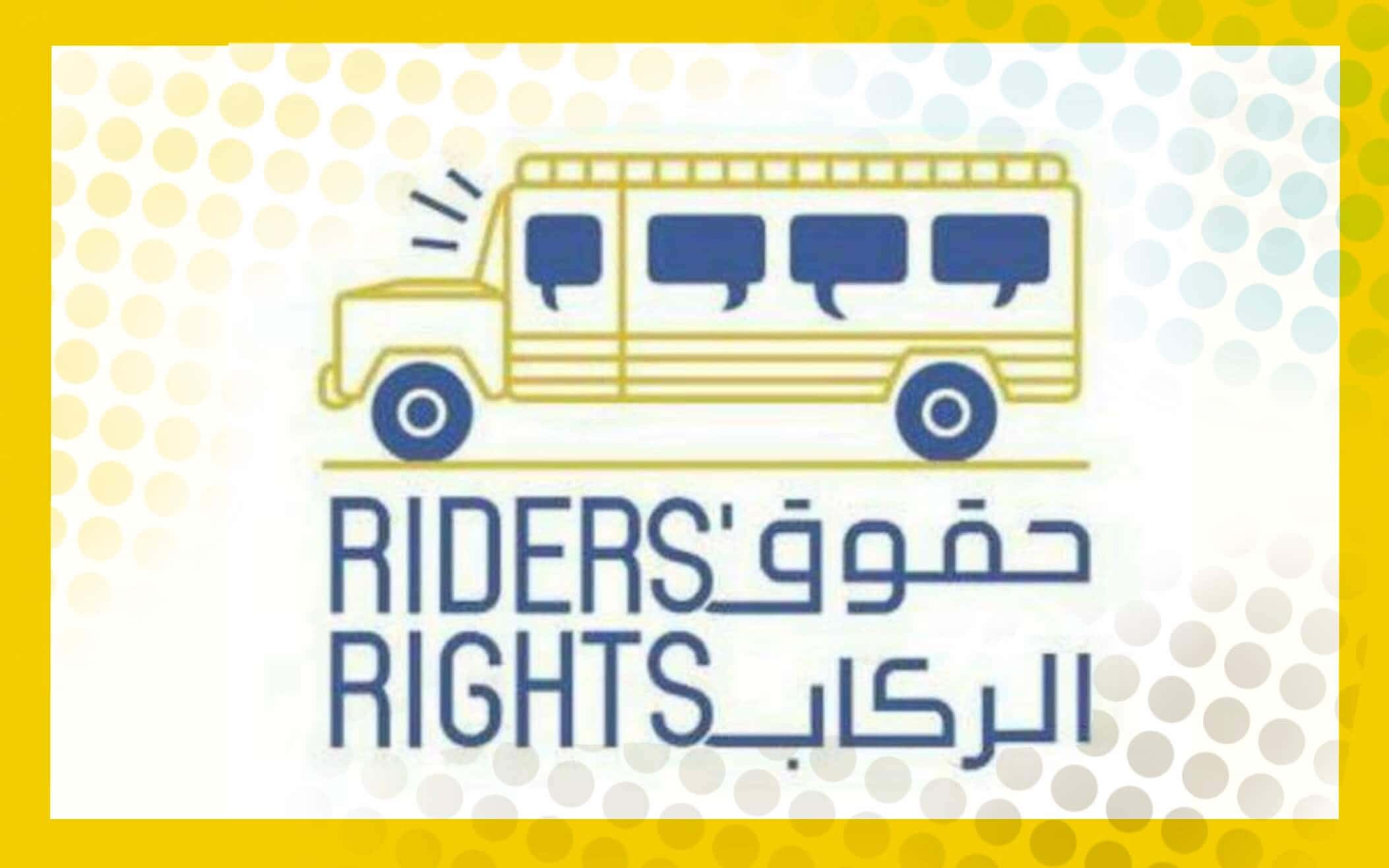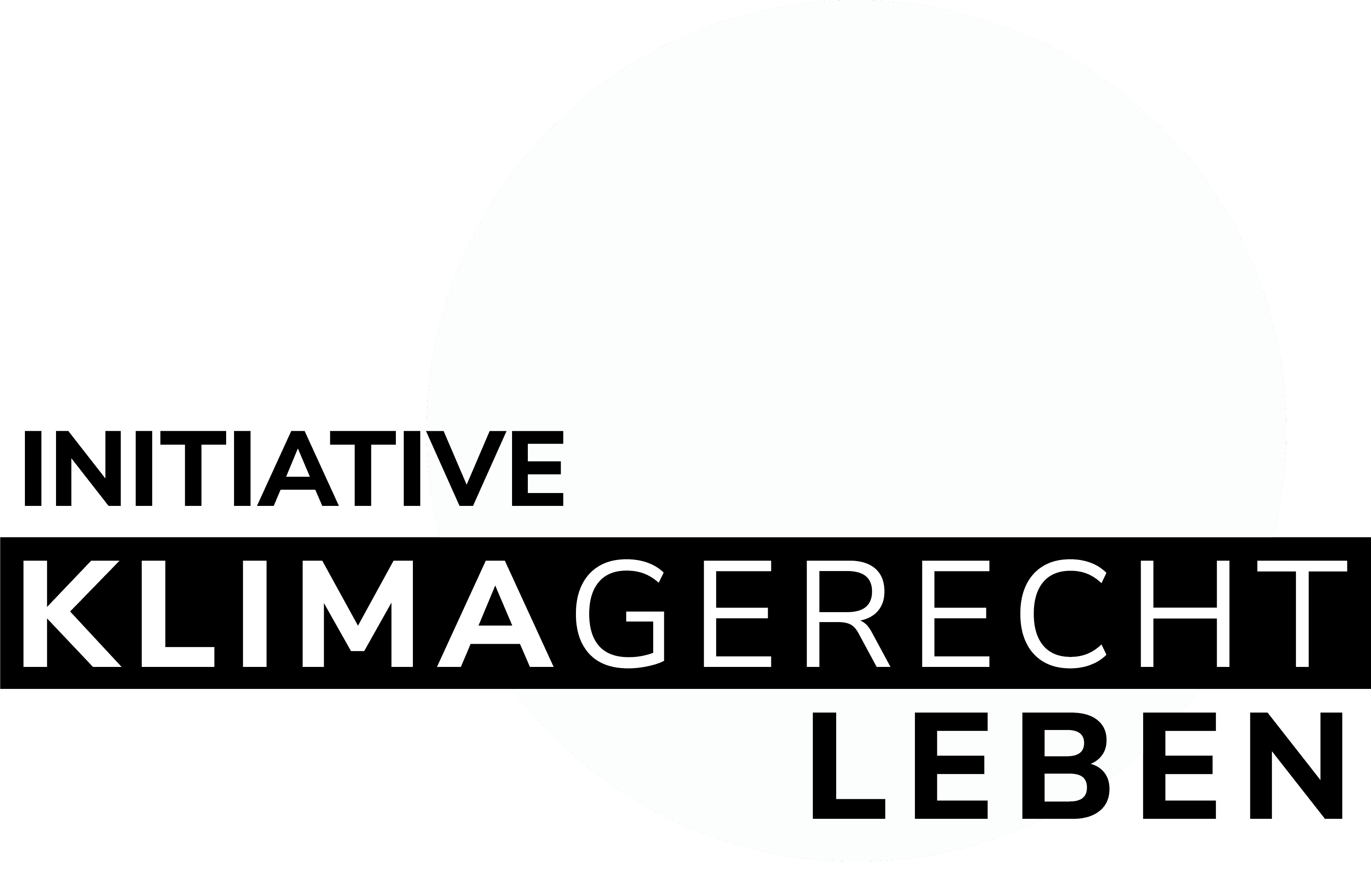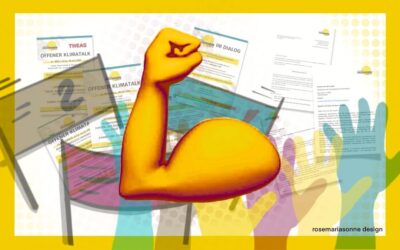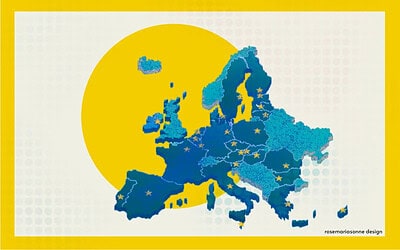
“For cars or for people?”
A Lebanese perspective on mobility
von Tabea Schünemann
In autumn 2023 I had the chance to study and live in Beirut, Lebanon. Although I had to leave after a few weeks because of the war in the Middle East, I´m still thankful for this experience and feel very enriched by it. The people in Lebanon have been facing one crisis after the other for the last years. Many of them have left the country, others are just trying to survive. Beirut, once seen as a middle eastern Paris, is a very wounded city. Still, they are so many amazing people, managing their lives, figuring out their role in this country, not giving up on hope.
One of them is Chadi Faraj. I had the chance to meet him on one of his guided walking tours. When we walked around a beautiful city in the mountains of Lebanon, he told us about RidersRights, an NGO he founded with the aim to improve public transportation and mobility justice in Lebanon. Chadi, who describes himself as a “public transportation enthusiast”, is originally a telecom engineer. When he moved from a Lebanese village to Beirut to search for a job (“because that´s where you go in Lebanon”), he was trying to figure out the bus system there. At this point, you must know that there is a system. The buses have lines and routes they follow. But when Chadi arrived, there was no chance to find out about it and he wanted to change that. “So, I started to work on the busmap project”, he says. With his cofounder Jad Baaklini he made the bus system in Beirut visible for all on a map. Honestly, I don´t know how I would´ve used public transport in Beirut without that.
In 2016, they submitted for becoming an official NGO. After three years of time and energy consuming efforts and being refused by the government for details, they finally reached their NGO status. It became a community with now five board members and a lot of public recognition. They won many competitions, e.g. the “Switchmed Grassroot Initiative competition” in 2016 and are referred to in questions of mobility. “From two guys who started to break a narrative to being the reference”, Chadi says proudly. What does he mean by breaking a narrative? Their goal is to make public transportation accessible for all people. To do so, they want to break the former and still ongoing narrative about it being chaotic, not usable, dangerous, only for poor people. This segregates people.
“Rich people” go by car, “poor people” by bus – a narrative that is also present in Germany in a way. Since the Lebanese society is very segregated (having experienced a civil war not very long ago), Chadi´s project brings together social and climate issues. They are present on social media, blogs, webinars, …. In one project people photographed and shared their bus rides. Other projects dealt with drivers during Covid or made deals with shopkeepers to get discount when you have a bus ticket. The idea is to get more people to using it, including disabled people and women. Their vision is mobility justice. Mobility for all. As our right. “It´s a public space. We think it´s common”.
The idea is to improve and reflect the informal public transportation system that is already there and not replace it by “European” systems. To find solutions fitting their own situation – a challenge for the global answer to the climate crisis. Chadi sees RidersRights as “part of the global vision for mobility”.
They were present at COP28 and he sees it as a step, also in the mobility sector. It is very clear to him where the challenges for a change in mobility comes from: the fossil fuel industry and car´s companies. He asks the decisive question about mobility: “is it for cars or for people?” Electrical cars are only part of the solution for him. The answer lays in making mobility a priority in policies and investing in public transportation.
The next steps for RidersRights are institutionalization, research, and partnership. With many projects and ideas, they are quite busy and happy about any help or donation. ☺ It´s not easy to hold this issue high in times of multidimensional crisis in Lebanon and the world. For me, each encounter with Chadi and his dreams, becoming true step by step, is very impressive. It´s inspiring to see how he saw a problem, connected himself with others and became creative in solving it, very aware of its social, political, and global dimensions they are dealing with as well.
For me, he´s an example of the impact individuals have – not only dedicating their own behaviors to climate-justice but helping others collectively to do so as well.
Tabea Schünemann, January 2024
This text is based on interviews with Chadi Faraj
For more information, see
One of the yearly campaigns that Riders‘ Rights do is to support its community, as it started in 2020 the Covid time by launching a crowdfunding campaign called “bus line heroes” to be in solidarity with the bus drivers of the informal bus system in Lebanon because especially the government didn’t give them any priority in vaccination and support. RR managed to collect for them a good amount of money to support them to relaunch their activity at the time of Covid, and this campaign was cohosted by TRU, the transits union of Seattle, who managed to create and share the campaign.
It became a yearly campaign to support the drivers and now also the riders of the bus system in Lebanon especially in this economic crisis that Lebanon lives in.
If you like to support the campaign donate here:
Thank you!




0 Kommentare